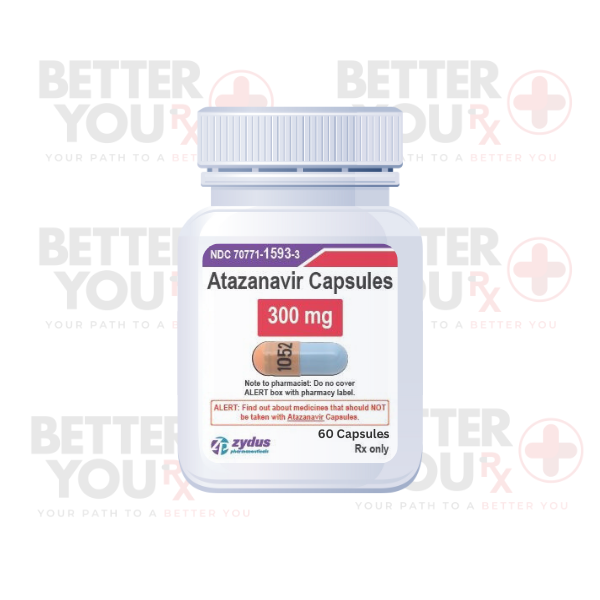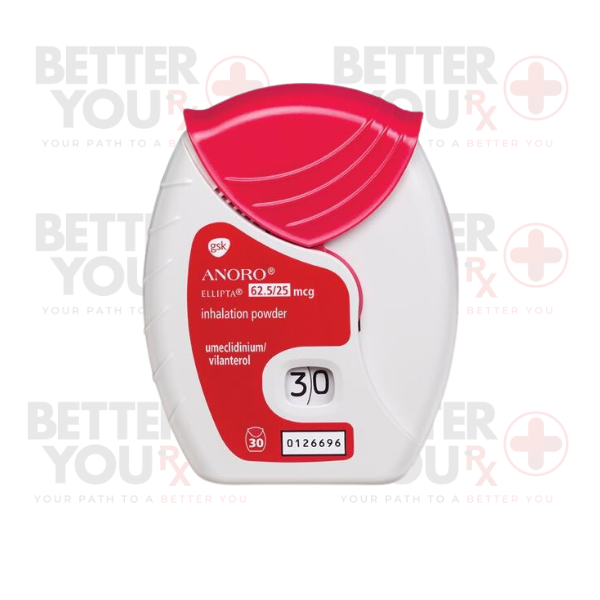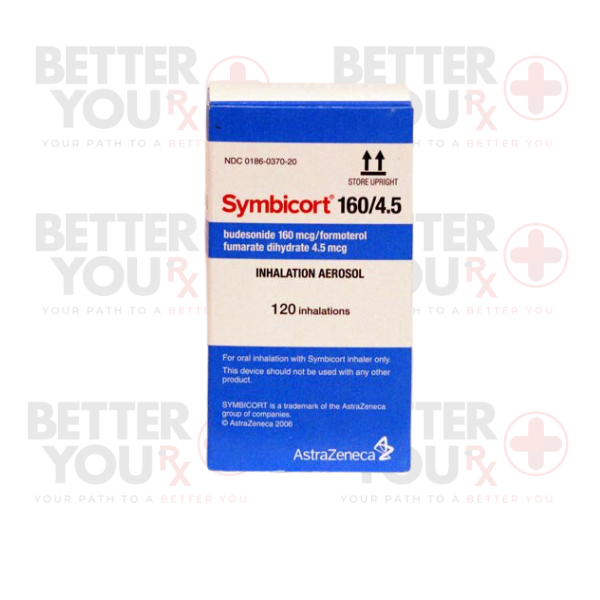| Usage |
Usage
Cabozantinib (Cometriq) is administered in capsule form, and taken orally. Typically, it is taken once daily on an empty stomach, at least 1 hour before eating and 2 hours after eating. Maintain a consistent time for your cabozantinib (Cometriq) intake. Carefully adhere to the directions on your prescription label and seek clarification from your doctor or pharmacist for any uncertainties. Comply precisely with your doctor's instructions; refrain from altering the dosage frequency or amount. Consume the capsules whole, accompanied by a full glass (8 ounces, 240 mL) of water—avoid opening them. Should you encounter severe side effects, your doctor may adjust your cabozantinib (Cometriq) dosage or recommend temporary or permanent cessation. Maintain communication with your doctor about your treatment experience. The duration of treatment is contingent on your response to the medication and the side effects encountered. Continue taking cabozantinib (Cometriq) consistently, even if you feel well. Do not discontinue cabozantinib (Cometriq) without consulting your doctor. For comprehensive patient information, request the manufacturer's information from your pharmacist or doctor.
|
| Side Effects |
Side Effects
Cabozantinib (Cometriq) could potentially lead to side effects. Inform your doctor if any of these symptoms are intense or persist:
– Diarrhea
– Constipation
– Hemorrhoids
– Nausea
– Vomiting
– Heartburn
– Altered sense of taste
– Swallowing difficulties
– Redness, swelling, or mouth/throat discomfort
– Loss of appetite
– Fatigue or weakness
– Bone pain
– Muscle pain or spasms
– Anxiety
– Numbness, burning, or tingling in limbs
– Rash
– Dry skin
– Skin thickening
– Redness, pain, swelling, or blistering on hands/soles
– Hair loss
– Lighter or gray hair color
– Voice changes or hoarseness
Certain side effects warrant immediate attention. If you experience any of these or the ones mentioned in the IMPORTANT WARNING section, contact your doctor promptly or seek emergency medical help:
– Swelling or pain in arms/legs
– Shortness of breath
– Fainting or lightheadedness
– Sweating
– Numbness or weakness affecting one side of the face, arm, or leg
– Dizziness
– Coordination or balance issues
– Sudden, severe headache
– Jaw or tooth pain
– Seizures
– Vision problems
– Confusion
– Impaired clear thinking
– Eating/drinking difficulty due to mouth sores, nausea, or vomiting
Cabozantinib (Cometriq) might result in other side effects. Contact your doctor if you encounter any uncommon issues while using this medication.
|
| Storage |
Storage
-Ensure to keep this medication in its original container, securely sealed, and away from children. Store it at room temperature, avoiding excessive heat and moisture (not in the bathroom). Properly dispose of unused medications to prevent unintentional consumption by pets, kids, or others. Avoid disposing of the medication by flushing it down the toilet. The recommended method of disposal is through a medicine take-back program. Connect with your pharmacist or local waste department to discover take-back options in your area. Remember to safeguard medications from children's access by using child-resistant containers, as many aren't childproof. For child safety, lock safety caps and store the medication out of reach, ensuring it's inaccessible to young children.
|
| Special Precautions |
Special Precautions
Before using cabozantinib (Cometriq), please take note of the following important information:
1. Allergies: Inform your doctor and pharmacist if you are allergic to cabozantinib (Cabometyx, Cometriq), any other medications, or any of the ingredients in cabozantinib capsules. Refer to the Medication Guide or consult your pharmacist for the ingredient list.
2. Medications: Notify your doctor and pharmacist about all prescription and nonprescription medications, vitamins, and nutritional supplements you are taking or planning to take. Mention medications such as ketoconazole (Nizoral), itraconazole (Sporanox), voriconazole (Vfend), clarithromycin (Biaxin), dexamethasone, HIV/AIDS medications (e.g., atazanavir, indinavir, nelfinavir, ritonavir, saquinavir), seizure medications (e.g., carbamazepine, phenobarbital, phenytoin), nefazodone, rifabutin (Mycobutin), rifampin (Rifadin, Rifactin, Rifamate, Rifater), rifapentine (Priftin), and telithromycin (Ketek). Inform about all medications, even if not listed, as they may interact with cabozantinib (Cometriq), potentially requiring dosage adjustments or careful monitoring.
3. Herbal Products: Disclose any herbal products you are using, especially St. John's wort.
4. Medical History: Inform your doctor about open wounds, high blood pressure, and a history of liver disease.
5. Pregnancy and Breastfeeding: If you or your partner is pregnant or planning to become pregnant, or if you are breastfeeding, notify your doctor. If pregnancy is possible, use birth control during your cabozantinib treatment and for four months after discontinuing the medication. Immediate contact with your doctor is necessary if pregnancy occurs during cabozantinib use.
6. Surgery: If you are scheduled for surgery, inform the medical team that you are taking cabozantinib. You may need to halt cabozantinib 28 days before the surgery and resume as advised after the procedure.
7. Dental Health: Cabozantinib might lead to jaw-related problems. Have your teeth examined by a dentist before starting treatment and regularly throughout. Maintain proper oral hygiene. Consult your doctor before undergoing any dental procedures while using cabozantinib.
8. Blood Pressure: Be aware that cabozantinib can cause an increase in blood pressure. Your blood pressure will be carefully monitored by your doctor throughout the course of your treatment.
9. Always adhere to your doctor's recommendations and guidelines to ensure the safe and effective use of cabozantinib (Cometriq).
|










Reviews
There are no reviews yet.